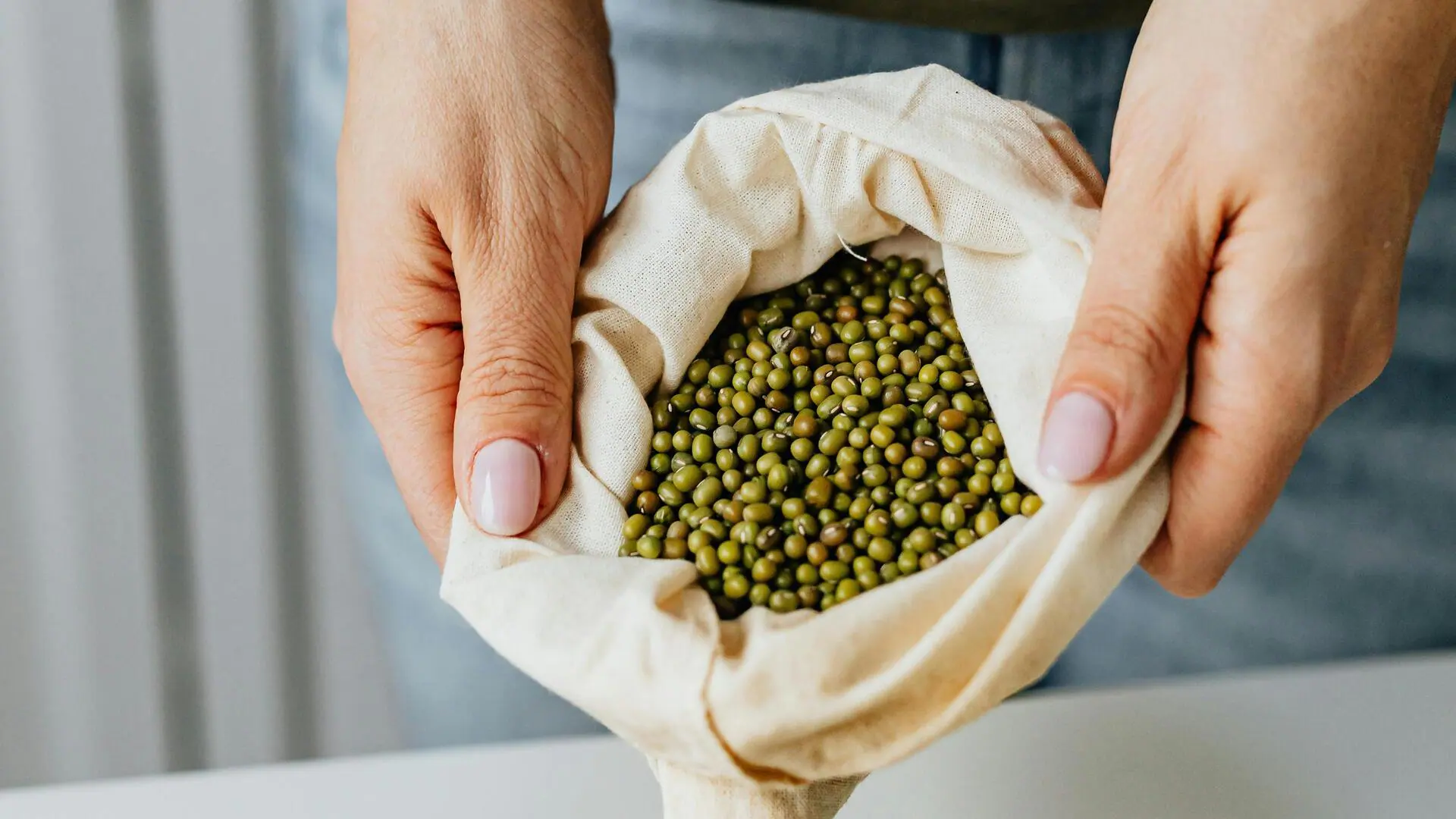Copyright newsbytesapp

African legumes are a powerhouse of nutrition, providing a plethora of health benefits. These plant-based protein sources are not just rich in essential nutrients but also contribute to sustainable eating practices. Including them in your diet can help you meet your nutritional needs while supporting environmental sustainability. Here are five African legumes that can enhance your diet and promote eco-friendly eating habits. Cowpeas, also known as black-eyed peas, are a staple in many African diets. They are packed with protein, making them an excellent choice for vegetarians and vegans looking to up their protein intake. Cowpeas are also rich in fiber, which promotes digestion and keeps blood sugar levels stable. Adding cowpeas to your meals can help you feel fuller for longer while providing essential nutrients like iron and folate. Bambara groundnuts are drought-resistant legumes that thrive in arid conditions where other crops might fail. They are loaded with protein, carbohydrates, and healthy fats, making them a well-balanced food source. Bambara groundnuts also provide important minerals such as calcium and magnesium that support bone health. Their versatility allows them to be used in soups, stews, or even ground into flour for baking. Mung beans are small green legumes that pack a big nutritional punch. They are rich in antioxidants, vitamins A and C, and minerals such as potassium and zinc. Mung beans can be eaten whole or sprouted for added health benefits, including improved digestion due to increased enzyme activity during sprouting. This superfood can be added to salads or used as a base for soups. Pigeon peas are commonly grown across Africa because of their resilience to harsh climates. They are high in fiber, which is good for heart health as it lowers cholesterol levels. They are also a good source of B vitamins, which are essential for energy production in the body. Pigeon peas can be cooked with rice or added to curries for a nutritious meal. Groundnuts (peanuts) provide an excellent source of healthy fats that provide energy throughout the day without spiking blood sugar levels like refined sugars do when consumed excessively over time. They also provide vitamin E, an antioxidant that protects cells from damage caused by free radicals present in the environment around us every day. Eating groundnuts regularly may even improve cognitive function due to their high niacin content, which promotes brain health.



